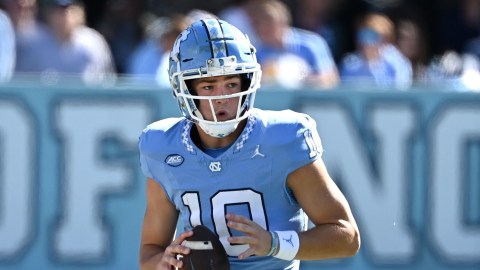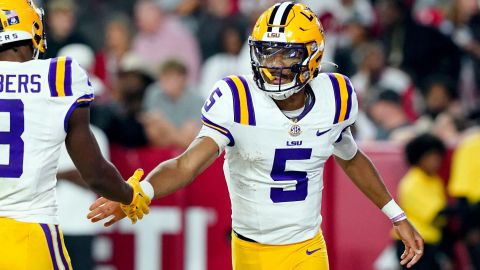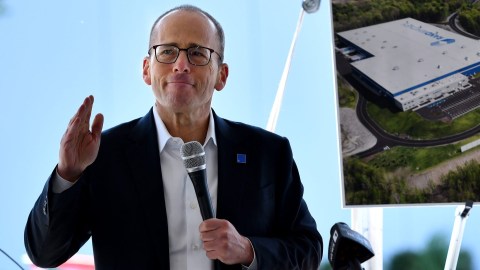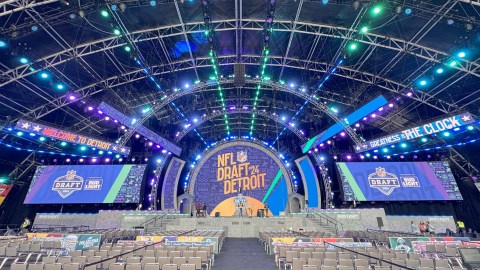Friday marks the 17-year anniversary of Robert Kraft making his most important decision as New England Patriots owner.
Kraft agreed to send the Patriots’ 2000 first-round draft pick, plus 2001 fourth- and fifth-round selections, to the New York Jets for Bill Belichick, a 2001 fifth-round pick and a 2002 seventh-round choice. Giving up a first-round pick for a head coach with little history of success seemed steep on Jan. 27, 2000. It wound up being brilliant, to say the least.
And while the Patriots didn’t have a first-round pick in 2000, Belichick made his most important decision as the team’s general manager by taking a first-round-caliber player in the sixth round: quarterback Tom Brady.
The Patriots won their first Super Bowl championship in 2001, and their success hasn’t stopped since. They’re set to play in their seventh Super Bowl under Belichick next Sunday in Houston against the Atlanta Falcons.
So how have the Patriots managed 16 winning seasons, 14 AFC East titles, 14 playoff berths, seven AFC championships and four Super Bowl wins under Belichick?
First, having Brady certainly doesn’t hurt. He’s perhaps the greatest quarterback in NFL history, and Belichick’s decision to stick with Brady even after Drew Bledsoe regained his health in 2001 has had league-altering ramifications. The most successful NFL franchises through time have successful quarterbacks.
It also helps that the Patriots get Brady at a discount year after year, allowing the team to invest heavily in other positions. That comes from Belichick’s ability to motivate his players. The Patriots have adopted a team-first mentality since Belichick was hired. And when players stray from that team-first mentality, they’re shipped out of town. Linebacker Jamie Collins, for example, was traded to the Cleveland Browns this season.
Belichick, year after year, convinces his players that winning trumps personal achievements. That’s not easy when players are competing for contracts on top of wins.
Belichick also has been willing to adapt with the times and be a harbinger for change. He noticed shortly after taking over the Patriots that fewer and fewer teams were running a 3-4 defensive alignment. He realized he could find players such as nose tackles and pass-rushing outside linebackers at a discount because teams weren’t running that system anymore. And when teams began changing from a 4-3 to a 3-4, Belichick was willing to switch back. Now the Patriots run a hybrid system and can bring in any number of different athletes.
Continuity has helped, too, as Belichick possesses a knack for finding coaching and personnel talent early. Patriots defensive coordinator Matt Patricia and director of player personnel Nick Caserio have been around since 2004 and 2001, respectively, and offensive coordinator Josh McDaniels returned to New England in 2012 after a two-year stint in Denver. The Patriots’ offensive, defensive and scouting systems don’t change. They just evolve.
Finally, it helps that Belichick has final say in all football matters. Kraft took another chance by allowing Belichick to be his own GM back in 2000.
Belichick arguably is the greatest NFL coach of all time, and he’s among the best GMs in football history, too. He found success early, and the organization has only become stronger year after year.
Thumbnail photo via Brian Fluharty/USA TODAY Sports Images




